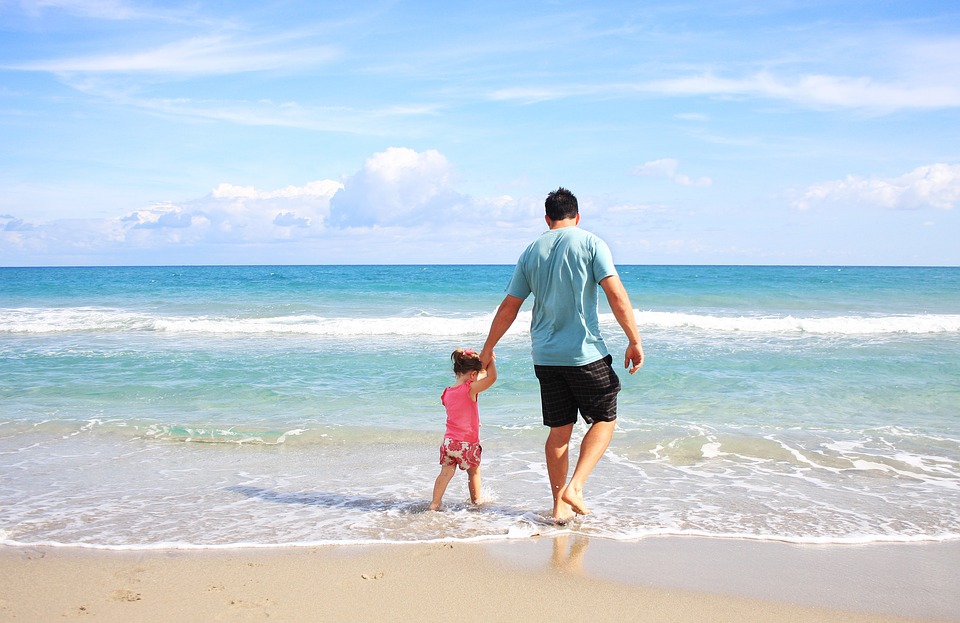By Christie Masters
I recently found myself reorganizing my bookshelf when one of my science books from college caught my eye: “What is Life?” by Erwin Schrodinger. The title gave me pause, especially with the tragedy of little Charlie Gard so fresh in my mind. What is life? Not the scientific, biological systems that make us breathe, grow, and function—but what is life itself? What makes it worth living or humane? Humans, though we are organisms, will not find the answer in our DNA. We must leave science and enter the philosophical realm to find our humanity. Once we acknowledge the human soul, we find answers to the questions that dog the heels of the human race—questions that science cannot explain.
The Darwinian theory of human existence seems to prevail in governments, or rather “the state.” Survival of the fittest has grown, quite naturally, from attempting to explain a theory of species, to becoming a pervading view on how to treat human beings. Under this evolutionary theory, the human soul is eliminated; when this is accomplished, the killing of the body becomes nothing. There have been approximately 550,000 babies aborted this year through the abortion industry—an industry partially funded by the US government. Governments across the world, including the United States, have usurped the authority of parents in various degrees, declaring that “the state” should make the serious decisions about children. How can any ruling body that freely funds the slaughter of unborn children also be a legitimate moral authority in the decisions of a family? We cannot eliminate the soul and also be moral. This is true of individuals, and it is also true of societies.
The acknowledgement of the human soul, that there is an immeasurable and inherent value of eternal nature in the life of a human being—something that sets us apart from the rest of creation—changes the way we treat human problems. The old, the sick, and the disabled suddenly become assets to society rather than liabilities. When we care for those that are broken, whether in body or in mind, something changes in us. When we care for the weak, it fosters compassion, kindness, endurance, patience and a view on life that is of inestimable importance. The elderly have something wonderful to share with the younger generations—even the one’s who cannot speak. The unborn should be protected and viewed as the priceless treasure of the next generation. How the sick and dying are treated tells us much about the health of a culture or society. It reveals whether hope is still alive, and whether love is really understood.
It was right for Charlie Gard’s parents to search frantically for a cure. It was right for them to hope, and even beg for the chance, no matter how slim, to find a way for their baby boy to live; that is what life is about. The tragedy is that they were not free to act in good faith as parents, to allow trained medical professionals to attempt to preserve their child’s valuable life. We must fight for the authority of parents, the importance of the family unit, and bring the great questions about what life is and what it means to be human, to the forefront of our decision making.

